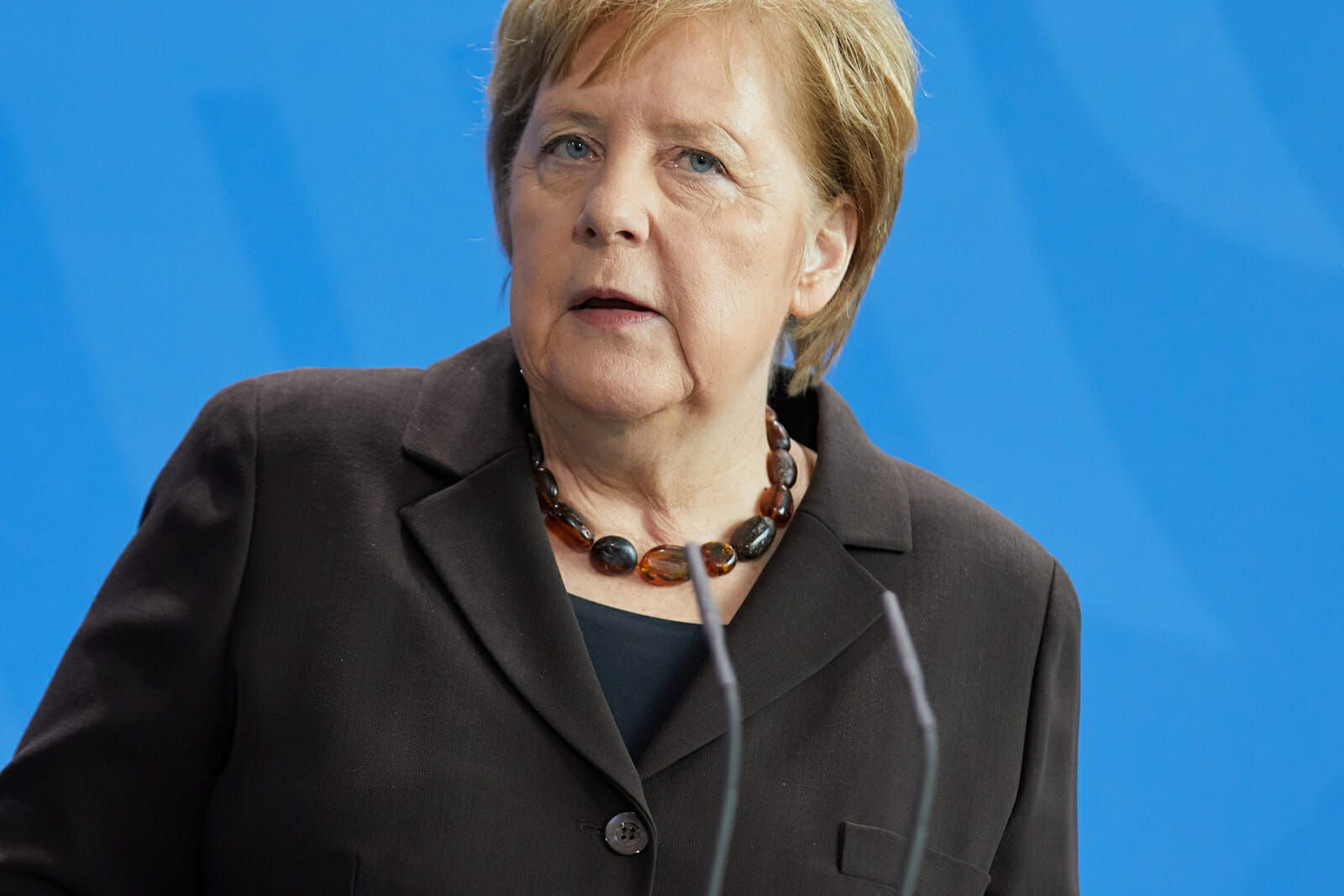
COVID-19 is Fundamentally Changing the Global Economic Landscape
Looking at the COVID-19 global pandemic from an economic point of view, the pandemic has significantly altered the global economic landscape, particularly challenging the concept of globalization. In 2003, the severe acute respiratory syndrome (SARS) outbreak cost the global economy roughly $50 billion, while the 2015 Middle East Respiratory Syndrome (MERS) outbreak in South Korea led to a cost of roughly $8.5 billion. The coronavirus pandemic has already surpassed its predecessors in terms of economic implications since February of this year. The devastating impact of the spread of COVID-19 has spiked protectionist sentiments that serve as a direct challenge to the forces of globalization.
The Organization for Economic Cooperation and Development (OECD) defines globalization as the “shift from a world of distinct national economies to a global economy in which production is internationalized and financial capital flows freely and instantly between countries.” Neoliberals highlight how globalization challenges the rigid notion of sovereignty as state boundaries are becoming more and more obsolete as levels of globalization increase. The COVID-19 pandemic has directly challenged this idea. It has also illustrated how globalization can indeed be interrupted if states find it necessary. The uncertain future of the COVID-19 pandemic will not completely reverse the level of globalization, but will considerably slow it down due to states wanting to protect their national economies.
The series of events caused by the pandemic can be assumed to have a long-lasting impact on the global economy. States may reconsider their national economic priorities against the damages they have acquired throughout the outbreak. What may be witnessed in the foreseeable future ranges from the reduction of the mobility of business travelers, the fragmentation of international supply chains, to the enforcement of greater immigration policies. These changes would directly challenge the entire blueprint of economic globalization. However, before delving into future implications, it is crucial to explore current empirical evidence that would justify the claim regarding the challenges caused by the pandemic to economic globalization.
With the risk of the pandemic directly affecting public health, states have reorganized their trade policies regarding health-related equipment. States have rigidly controlled or even banned the export of equipment such as masks, medicines, and other related necessities. As of March, Germany stopped the delivery of 240,000 masks to a Swiss buyer. France barred the mask company Valmy SAS from fulfilling a contract with the British National Health Service to supply masks. The United States and Turkey have imposed an export ban on personal protective equipment (PPE), while China also ceases the supply of medical equipment. In addition, the rate of export bans imposed has been accelerating significantly since March of this year.
Several states have begun implementing protectionist policies that aim to focus on self-sustenance in as many economic sectors as possible. These policies have begun encompassing essential goods such as energy and food. Panic buying all over the world due to the pandemic has also challenged governments to look inward in terms of food production. Mike Hughes, research and insight director of FMCG Gurus, explains that in times of uncertainty, consumers tend to show great feelings of ethnocentrism. This means they trust locally produced products more and emphasize on protecting local suppliers. States would eventually prefer to protect domestic suppliers who they fear might go out of business.
French president, Emmanuel Macron, addressed the French people on April 13, to highlight the government’s response to the pandemic. He stated that his government’s priority would be to strengthen the national economy to achieve financial independence in order to sustain the needs of its people. He further built on the idea of enhancing health, industrial, agricultural, and technological independence to preserve France’s strategic autonomy. Other states have also begun embracing protectionist measures amidst the crisis. Once trade was disrupted and supply chains were affected, businesses were made to look for alternative means of earning, without the need to be dependent on foreign sources. These businesses began taking re-shoring seriously due to the great risk they saw of relying on international services and supplies. Consumers also began searching for local suppliers even though they were more expensive. This is a trend that may persist as the future of the crisis is still highly uncertain.
It is improbable to conclude that the trend of globalization will be entirely reversed due to current events. However, one can assume that states would reconsider the confidence that has been invested in pursuing economic gains against the backdrop of globalization. It seems quite inevitable that the global trade order would change. It is to be expected that manufacturing industries would consider relocating back to their home country due to the fragility of the global economy in times of unforeseeable events. What makes the COVID-19 pandemic different is that its trajectory is still highly uncertain. As lockdowns are extending globally, states would have no choice but to consider alternative measures that may impact the levels of economic globalization.
The danger posed by the aggravating conditions of the COVID-19 pandemic is taking a toll on the global economic architecture. With states embracing more protectionist measures to safeguard national economies in the time of crisis, the sustainability of economic globalization is being significantly challenged. The uncertainty of the future of the pandemic also spells uncertainty for the future of the global economy and that of globalization. This has generated fear among states regarding their reliance on the global market considering that COVID-19 will certainly not be the last pandemic that will destabilize the global economic structure.


